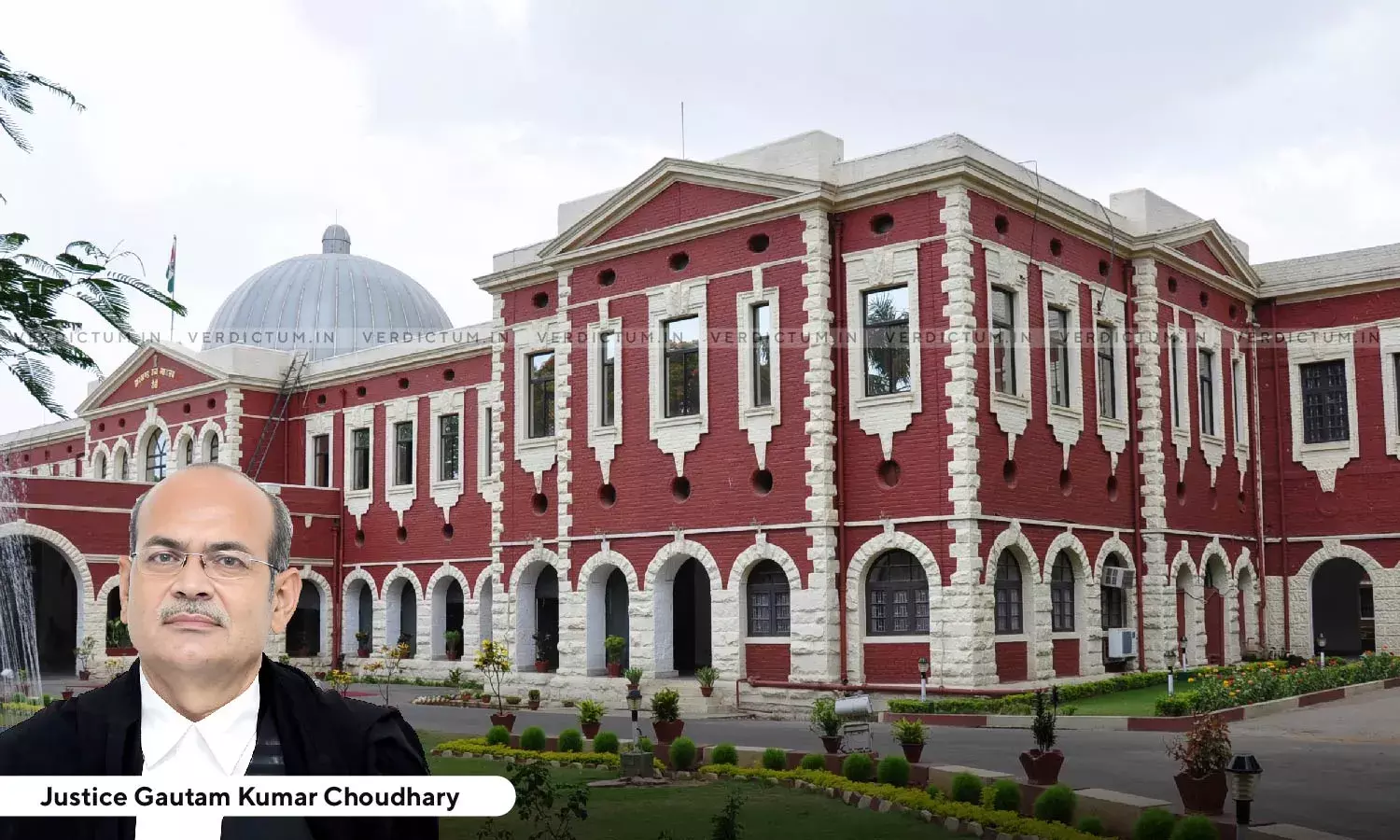SC And ST (Prevention of Atrocities) Act | Altercation Or Assault Without Intent To Humiliate Will Not Attract Offence: Jharkhand HC

Justice Gautam Kumar Choudhary, Jharkhand High Court
The Jharkhand High Court held that to attract liability under Section 3(1)(x) of the Scheduled Castes and Scheduled Tribes (Prevention of Atrocities) Act, 1989 (SC/ST Act), the altercation or assault must have been intended to humiliate a member of a Scheduled Caste or Scheduled Tribe.
The Cout dismissed an appeal challenging the conviction under Section 3(1)(x) of the SC/ST Act.
The Court noted that mere altercation or dispute alone do not automatically trigger the criminal provisions of the SC/ST Act.
The Bench of Justice Gautam Kumar Choudhary observed, “the assault should have been with intent to humiliate and any altercation of dispute will not, ipso facto, attract the criminal provision of the special Act, unless and until the said act was intended to humiliate the member of Scheduled Caste or Scheduled Tribe”.
Advocate Indu Shekhar Gupta appeared for the Appellants and Additional Public Prosecutor Fahad Allam appeared for the State.
The appeal challenged a conviction under Section 3(1)(x) of the Scheduled Castes and Scheduled Tribes (Prevention of Atrocities) Act, 1989 (SC/ST Act), resulting in a two-year rigorous imprisonment and a fine, along with a six-month rigorous imprisonment under Section 323 of the Indian Penal Code, 1860 (IPC). The incident stems from an altercation where the appellants allegedly abused and assaulted the informant, accusing him of overcharging for a pumping set. A police case was filed against the appellants under various sections of the IPC and the SC/ST Act.
After reviewing arguments and evidence from both sides, the Court noted that the incident led to a mutual filing of cases. Appellant filed a separate case against the informant's father, and evidence shows he was also injured. The dispute didn't directly involve the informant and the appellants but arose between the informant and another individual.
Based on the evidence presented, the Court observed that there was an altercation between both parties resulting in injuries to both the appellant and the informant, leading to reciprocal legal actions.
The Court held that to establish an offence under Section 3(1)(x) of the SC/ST Act it's necessary to demonstrate intentional insult or intimidation with the aim to humiliate a member of the Scheduled Caste or Scheduled Tribe in public. The altercation, even if it led to physical conflict, does not automatically constitute an offence under the SC/ST Act unless it was specifically intended to humiliate the victim based on their caste. The altercation, characterized as a free fight, cannot reasonably be construed as having the intent to humiliate the informant by invoking their caste name.
The Court noted that the appellant's conviction and sentence under Section 3(1)(x) of the SC/ST Act, were overturned. However, the conviction under Section 323 of the Indian Penal Code was upheld based on oral evidence. Considering the nature of the offence and the circumstances, the appellants are ordered to be released with a warning for the offence under Section 323, pursuant to Section 3 of the Probation of Offenders Act, 1958.
Accordingly, the Court dismissed the Appeal and set aside the impugned order.
Cause Title: Baijnath Singh v State of Jharkhand

